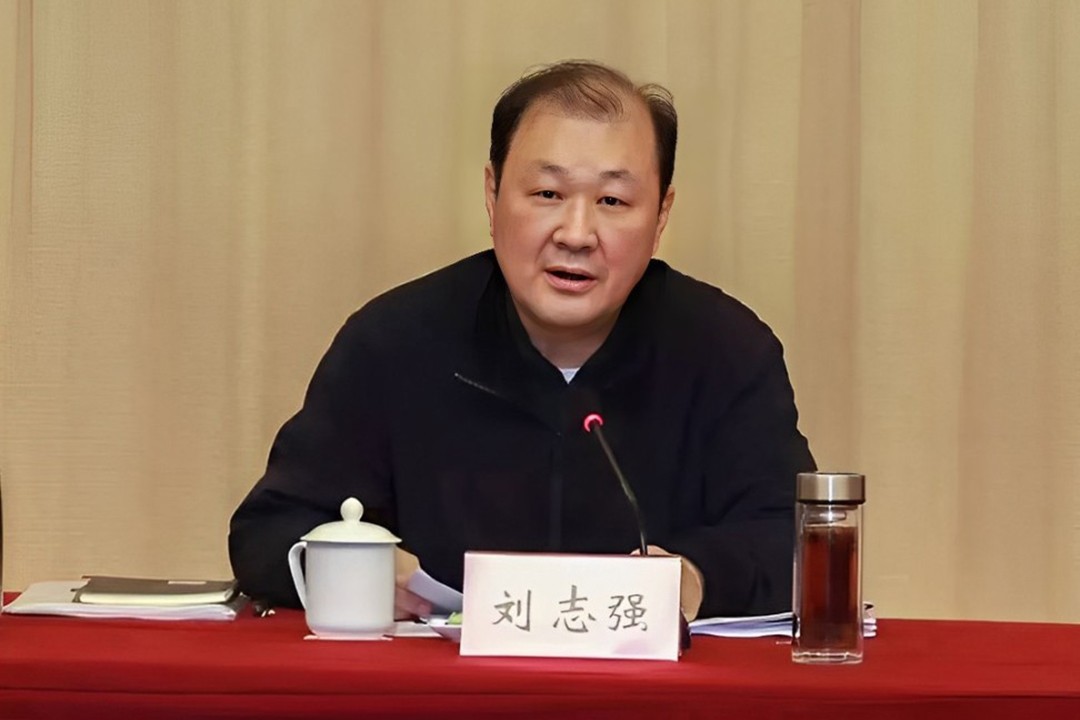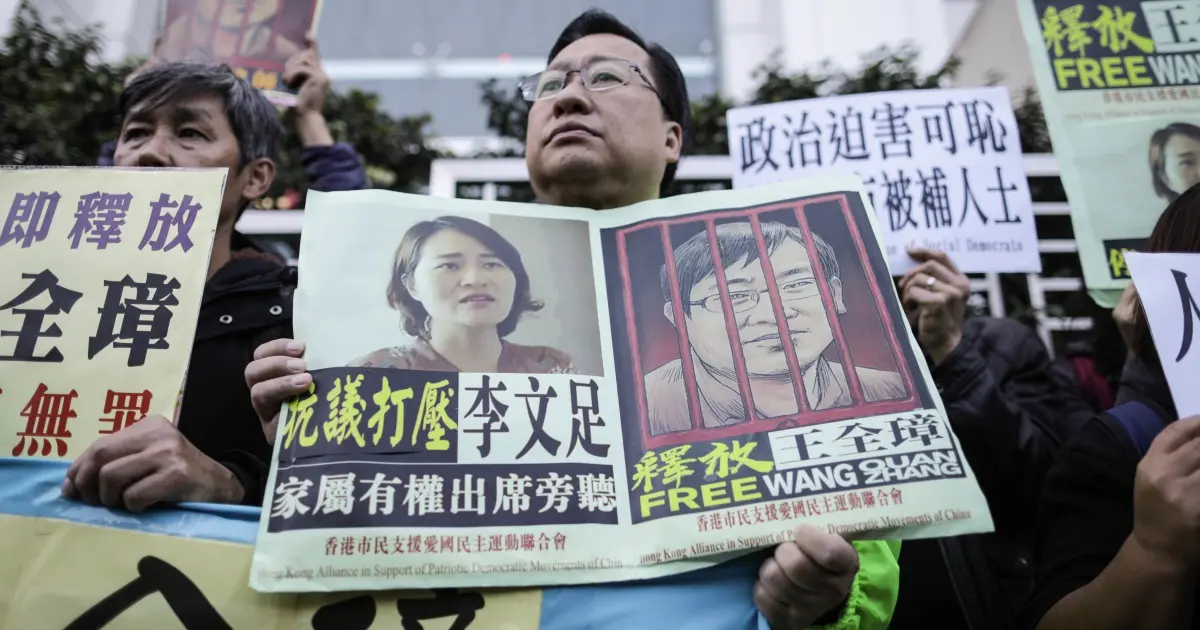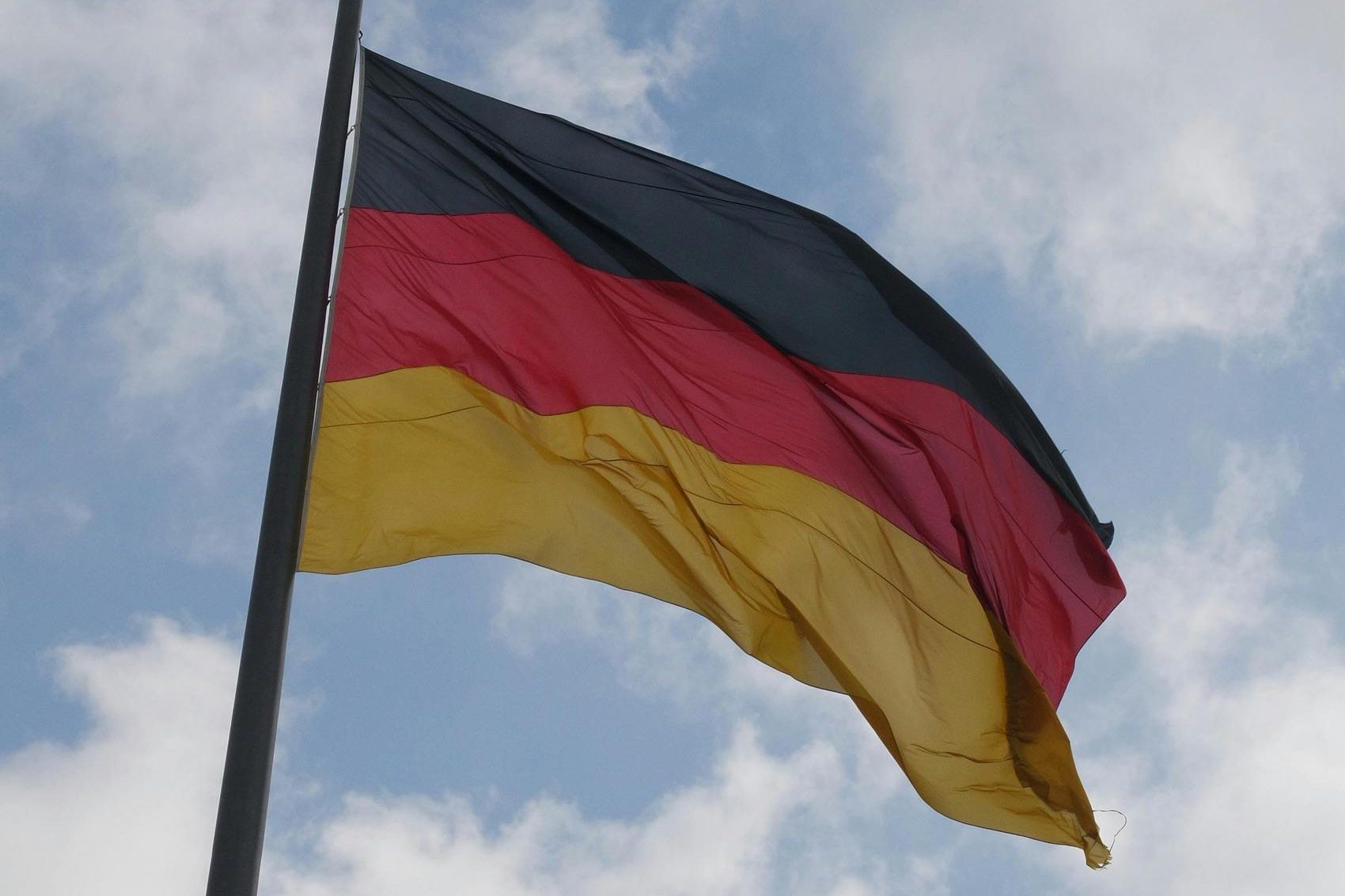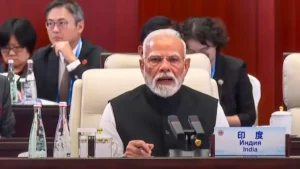Former Vice Justice Minister under Investigation: CCDI
For China watchers who thought that President Xi’s anti-corruption campaign had reached a peak, the latest news of China’s former Vice Justice Minister Liu Zhiqiang, who once served on the committee of Interpol, coming under investigation, shows that Xi is not stopping anytime soon. The Central Commission for Discipline Inspection (CCDI) recently published a brief statement on its website that Liu, 60, was “undergoing disciplinary review and supervisory investigation” and was “suspected of serious violations of discipline and law” – a euphemism for corruption. Liu was vice-minister at the Ministry of Justice from January 2016 to June 2023. The investigation into Liu comes as President Xi Jinping promotes a crackdown on China’s security and law enforcement apparatus, a campaign has been described as “turning the blade inward”. Hundreds of senior officials at a ministerial level have been brought down as Xi’s signature anti-corruption campaign enters its 11th year.
If numbers are any indication, the year 2024 could once again top the charts in CCDI investigations. Last year, China witnessed a surge in anti-corruption efforts, as the CCDI initiated investigations against forty-five senior officials. The South China Morning Post (SCMP) reports that prior to 2023, the highest number of senior officials investigated in a single year by the CCDI was in 2014, with 38 individuals under scrutiny. In 2020, 18 officials came under investigation, but the annual tally has been on the rise since then: 25 high-ranking officials in 2021 and 32 in 2022.
The investigation into Liu closely follows that of Tang Yijun, China’s justice minister (2020-2023), and who was placed under investigation in May 2024. Liu had worked with Tang for about 3 years. Liu’s tenure at the justice ministry also overlapped with that of Fu Zhenghua, China’s justice minister (2018-2020), who was charged with corruption in 2021 and jailed for life in 2022 for making 117 million yuan (US$ 16 million) in illicit gains in crimes that include bribery. Fu was once China’s most powerful police chiefs. Wu Aiying, a long-serving justice minister (2005-2017), also came under a corruption cloud and was stripped of her CPC membership in 2017. Given this record, the investigations into Liu could be seen as part of the larger jigsaw puzzle that Xi is gradually filling up.
A recent SCMP story provide clues into Liu’s career graph. He majored in English in Beijing in the early 1980s and spent more than three decades in police-related foreign affairs positions before starting his career (1984) as a junior staff member at the Ministry of Public Security’s (MPS) foreign affairs bureau and rose through the ranks in the European and American Affairs divisions. In 1991-1992, Liu was sent by the Chinese government to study police science and criminal justice at the University of Exeter, UK where he earned a Master’s degree. Liu Zhiqiang was deputy foreign affairs bureau chief from 1999 to 2004. This period overlapped with a stint (2000-2003) as member of the Executive Committee of Interpol. Liu was promoted to MPS’s foreign affairs bureau chief in 2004, and in 2005 headed its international cooperation bureau. In 2012, he was sent to China’s northwest Qinghai province to the provincial public security department and served as vice-provincial governor before returning to the Ministry of Justice in 2016.
The current phase of the anti-corruption campaign is focused in areas where power is concentrated and capital is intensive, including the US$ 63 trillion finance sector. Xi Jinping recently reiterated to party cadres that strong regulation and supervision are essential in achieving his goal of turning China into a “financial power”, adding that regulators need to have “long teeth and thorns”. In the past five years, nearly 200 investigations have been initiated, with every major state bank and regulatory agency being probed. Foreign financial firms are also on their guard.
The SCMP had earlier reported 2023 witnessed a 40% increase in investigations, compared to 2022, indicating President Xi Jinping’s unwavering commitment to cleansing China’s bureaucracy and officialdom. In 2022, CCDI recorded 32 investigations into high-ranking officials. The majority of individuals, often referred to as “tigers,” belonged to the category of “centrally managed cadres,” holding positions at the deputy ministerial level or above. Some, though fewer in number, held slightly lower ranks but occupied pivotal roles in crucial sectors. This surge in anti-corruption activities underscores the continued intensity of President Xi’s push for clean governance and policy implementation.
In contrast to lower-ranking members who fall under the jurisdiction and supervision of local party branches and disciplinary agencies, senior officials are directly overseen by the CPC’s Central Organisation Department. If any misconduct is detected among them, they would be subjected to CCDI investigations conducted at the highest level. Out of the 45 senior cadres detained by the disciplinary watchdog in 2023, 27 were already retired when investigations started. Deng Yuwen, a former deputy editor at Study Times, the official newspaper of the Central Party School suggests that the focus of CCDI investigations on retired officials indicates that the probes unveiled more misconduct predating Xi’s leadership. SCMP quoted Deng as saying that many of the retired officials arrested in recent years, were not caught for corruption while they were in service. Most of the problems occurred in the past few years, and in some cases more than ten years ago. Deng claimed that CCDI was no longer following the previous unspoken rule that retired officials would be spared from investigation.
Significantly, in the eleven years since initiation of the anti-corruption campaign, the CCDI has removed a total of 294 senior officials. However, this count excludes the numerous corruption investigations within the Chinese military, which independently conducts probes through its Discipline Inspection Commission, operating under the Central Military Commission (CMC). Cases related to the Chinese military are selectively announced as demonstrated in instances such as investigations into former CMC deputy chairmen Xu Caihou and Guo Boxiong. These cases marked the highest-ranking officers in the People’s Liberation Army targeted since the commencement of the anti-corruption campaign.
At the end of last year, the National People’s Congress, announced the dismissal of nine generals. Among them were five officers who had served as either past or current top commanders in the PLA Rocket Force, a crucial component of the nation’s nuclear arsenal. Notably, individuals like Li Yuchao, who led the rocket force until July 2023, and his former deputy, Zhang Zhenzhong, were included. There are thus many signs that suggest that China’s “tiger hunt” will expand even further in 2024. There is last year’s removal of foreign minister, Qin Gang and defence minister, Li Shangfu. Obviously, no reasons have been provided for their dismissals. The question is anyone going to question Xi Jinping? Actually, nobody!













